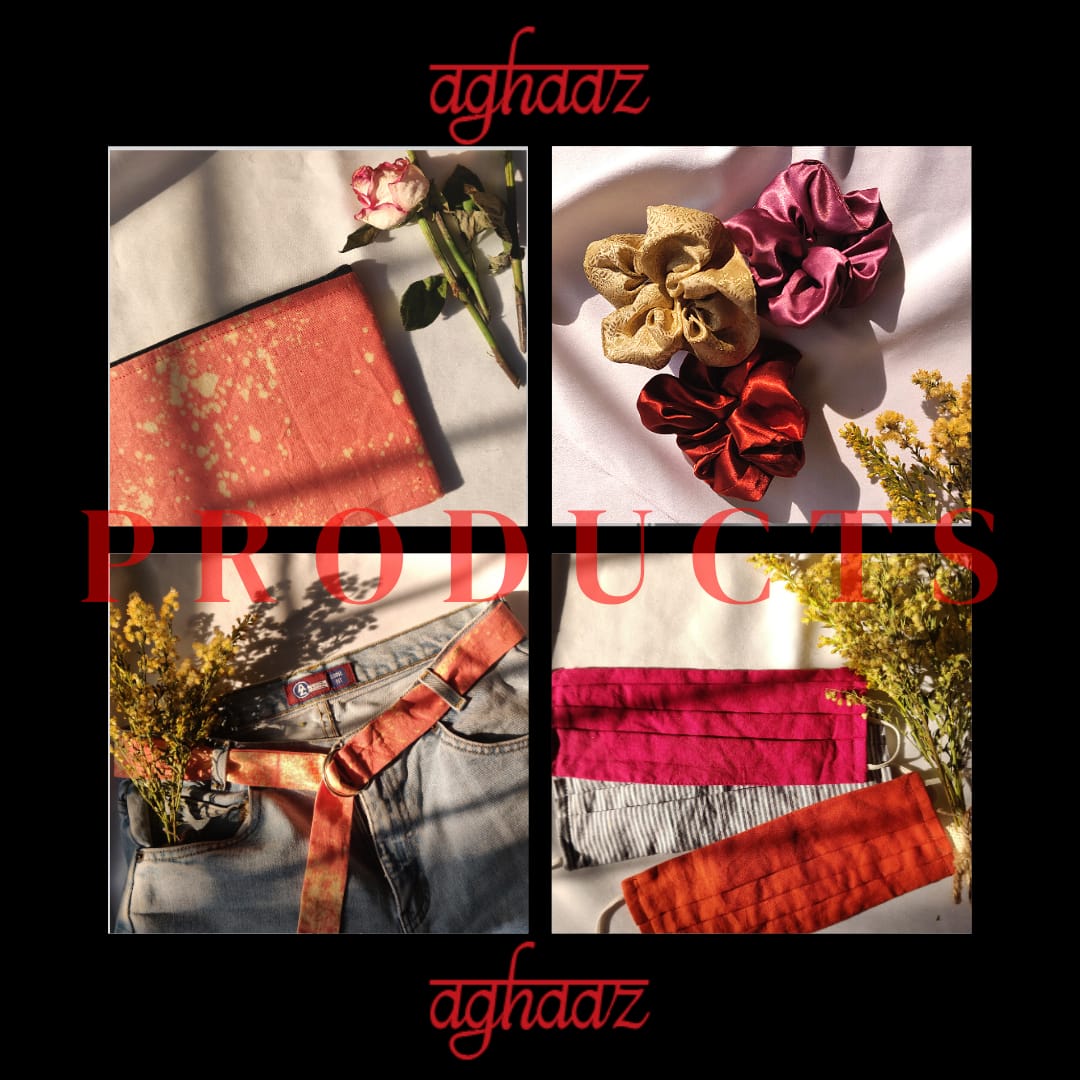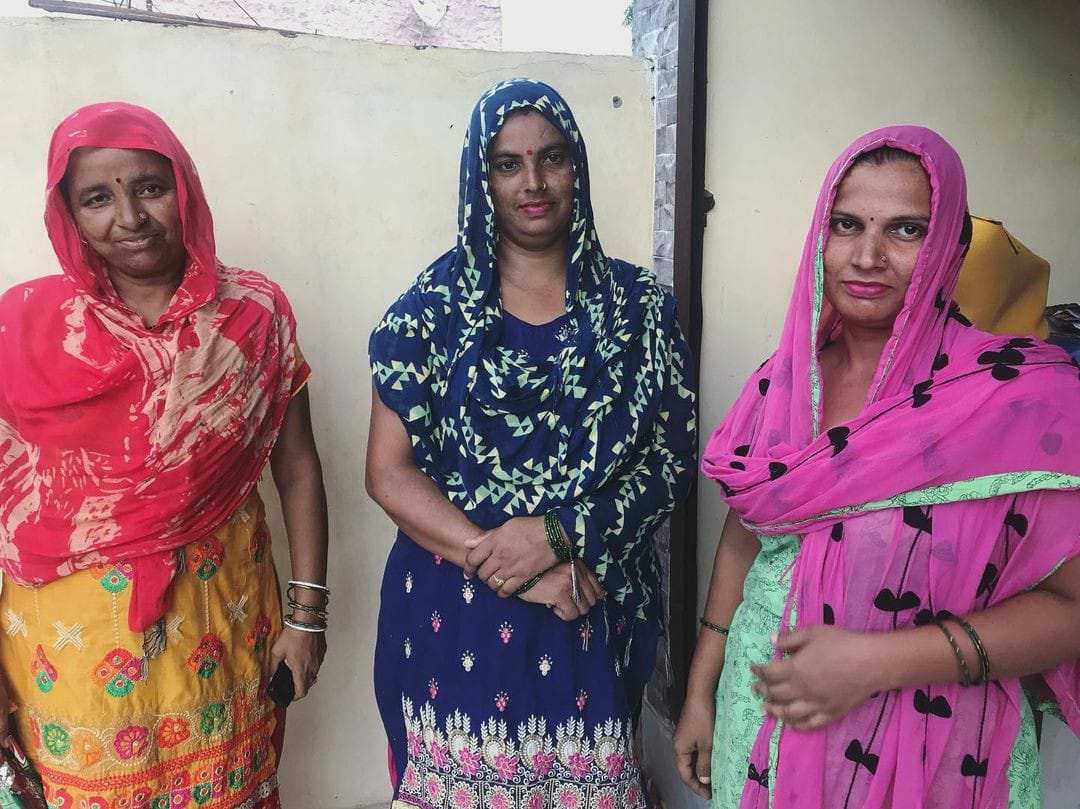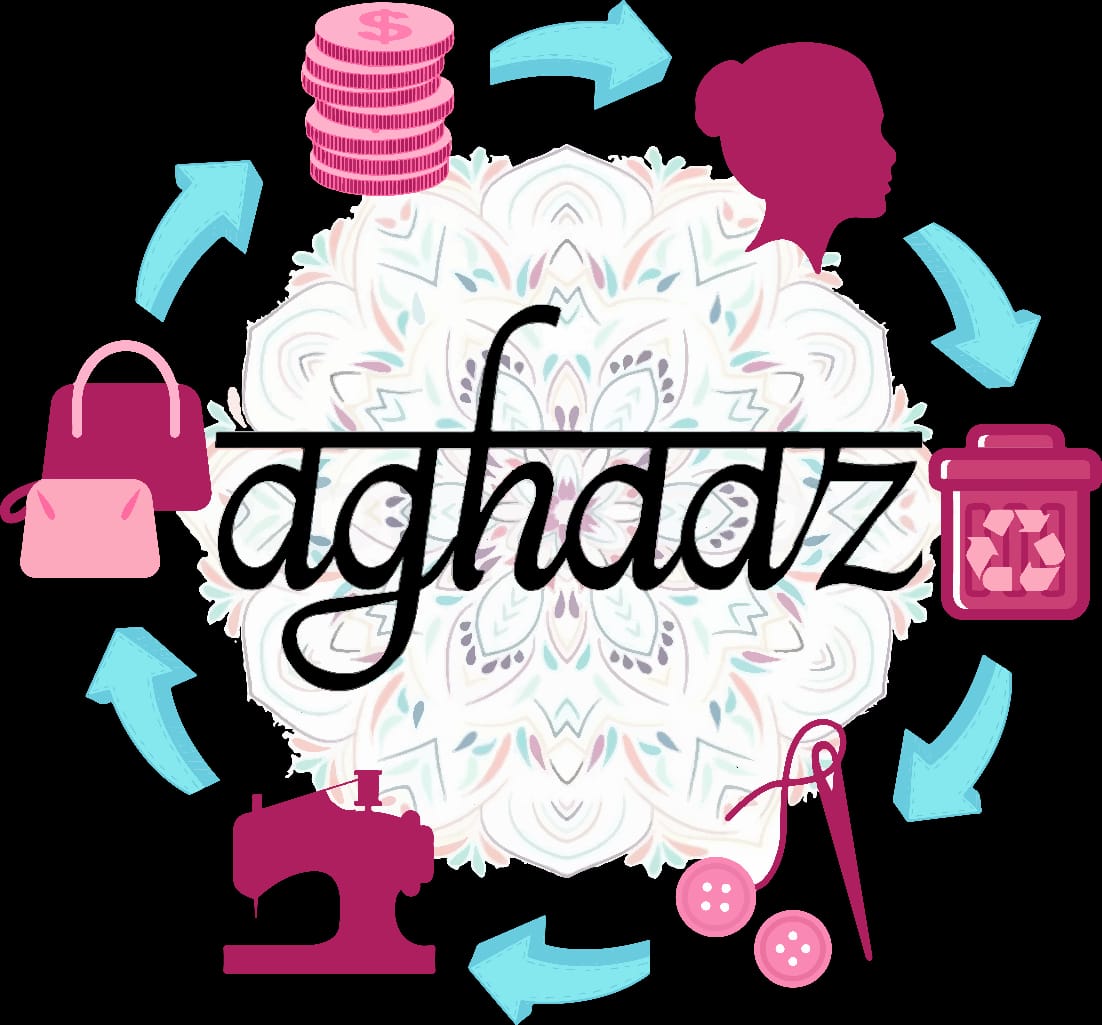Fashion brands and trends in India have come a long way. However, the price paid for such high-end fashion is increasing at an alarming rate, in both monetary and environmental terms. Following trends may seem very appealing but spending excessively high amounts of money on clothes that are produced in bulk, only to be discarded is not just a waste but also a hazard for the growing population. These fast fashion brands affect not only your pocket but the environment too. In this piece, we will be talking about sustainable fashion and how it is the need of the hour.
Apart from discussing the ill-effects of fast fashion and this industry, and suggesting ways to combat the various issues that come along, we will also introduce a student-run initiative of Lady Shri Ram College for Women, following a similar vision.
What is Fast Fashion? What is its impact?
When discussing fashion, clothing, and the latest trends in the market, it is impossible to talk about brands and their collections without mentioning the culture of fast fashion promoted by the industry and how it impacts both the environment and the working class. Sustainable fashion, following ethical methods of production, is the need of the hour and Aghaaz, a student-run initiative of the Lady Shri Ram College for Women under National Service Scheme, strives to do the same!

Fast fashion has been referred to as a quick-flowing business model, practiced by some of the most famous high-end brands like Zara, H&M, Forever 21, etc. which involves mass production of clothing lines presented at catwalks for sale in stores at relatively cheaper rates. These designs are based on the latest trends showcased in fashion weeks and keep changing at a fast rate, thus also leading to loads of clothes being discarded at a very frequent rate.
Set up in 2019, Aghaaz advocates for a more sustainable approach by not following trends and encourages mindful consumption of such goods. By not focusing on the seasonality of clothes, Aghaaz contributes towards ensuring more stability for small and local businesses. Since the emphasis is not on keeping up with the trends, all their products are well-thought-of individually handcrafted pieces, restocked as per need throughout the year.
Overproduction, a major issue with fast fashion, is known to have detrimental impacts on the environment because of the high quantities of waste generated and the constant cultivation of raw materials, damaging the soil and increasing the number of pollutants. Aghaaz combats this by using surplus and donated fabrics, purely engaging in the creation of upcycled products.
It is also no secret that the competition in the fashion market is extremely intense and workers in the industry suffer the most at the hands of big corporations. They are forced to work at low wage rates for unusually high hours and in inadequate working conditions. Child labor is also a common practice in such factories.

Wondering what you can do? Here’s your answer:
If you add the workers’ exploitation, a poison-filled cherry on top, to the harmful environmental impacts of this process, it won’t be a tough task to find the problems associated with fast fashion. The situation may seem despairing, but what exactly can be done at an individual and community level?
Along with informed and conscious shopping for clothes that would last long and are trans-seasonal, repeating and mixing already available ones, altering pieces one owns through DIYs, thrifting, and other many little ways that add to the change, it is important to invest in items from the business that follow a sustainable and ethical mode of production, whenever possible. This goes hand-in-hand with avoiding the ones which exploit or greenwash.
Aghaaz, Aghaaz, Aghaaz! What is their vision?
Since Aghaaz is a social-entrepreneurship initiative focused on sustainability in the fashion market as well as economic empowerment of underprivileged women, the aim has always been to produce as per need and only through upcycling, from donated, surplus cloth and flex sheets, and also generate additional income for the women working. This not only opens up new opportunities but also equips them with skills to set up an entrepreneurial venture of their own.
Currently, Aghaaz is working with semi-skilled women residing in Koregaon Village, Faridabad, and Zamrudpur. The project is dedicated towards helping these women set up an entrepreneurial venture of their own, while following a production process of up-cycled waste materials into marketable products. Not only that, Aghaaz mainly focuses on sustainability and hopes to add value to the sustainable fashion market.
Stitched and crafted with love by the women artisans, Aghaaz offers a variety of accessories ranging from scrunchies, pouches, tote bags, and belts. Don’t forget to check their Instagram page viz (https://www.instagram.com/aghaaz.nss/?hl=en) and stay tuned for new updates and product ranges!

